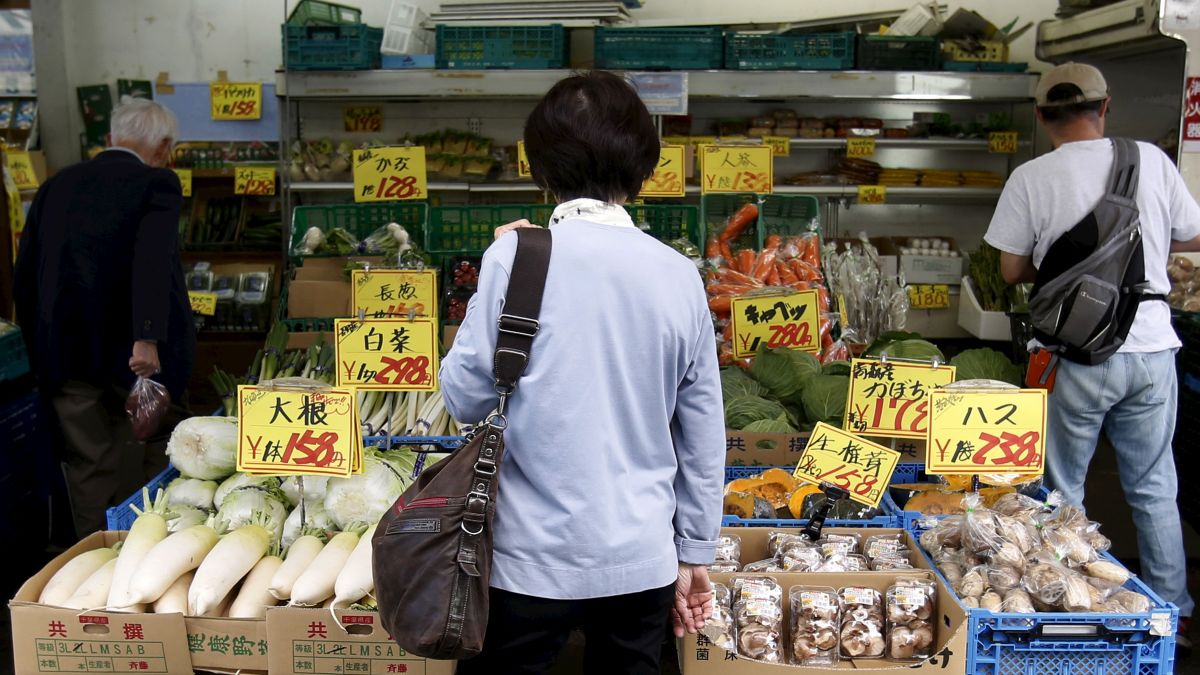Late All India Anna Dravida Munnetra Kazhagam (AIADMK) leader and six-time Tamil Nadu chief minister J Jayalalithaa was credited with a number of welfare schemes that not only won her elections but also ensured mass popularity across the state. From the 1990s till 2016, the AIADMK under Jayalalithaa was consistently promoting girl child welfare in a big way. Were they successful or not? That’s a totally different question.
Welfare or state-promoted abandonment?
Unwanted infant girls in sterile, sparsely furnished nursery rooms at the Life Line Trust orphanage in Tamil Nadu are considered the lucky ones , says a Reuters story reporting on Jayalalithaa’s ‘Cradle Baby Scheme’, where parents were encouraged to give unwanted baby girls anonymously to the State, saving the infants from possible death in a region where daughters are seen as a burden and where infanticide is common reality.
Launched in 1992, the Cradle Baby Scheme is one of Jayalalithaa’s most-talked about — and most controversial — schemes. While it has been appreciated for saving the lives of girl children who would otherwise have been dumped and forgotten, it was criticised for poor infrastructure in shelter homes and poor fund allocation.
Criticising the scheme Frontline magazine wrote in 2002 that the scheme was poorly funded, and between 1991 and 1996, owing to the lack of basic infrastructural facilities such as emergency medicare at these reception centres, over 70 of the 143 girls who had been left in cradles in Usilampatti and Salem died. The article also said that the scheme was encouraging families to abandon girl children.
And while officials called the Cradle Baby programme a success, improving gender ratios in places where the project is active, according to child rights activists, the improvement was largely a result of greater awareness, advocacy work and better family planning, rather than the project’s advantages.
According to a November 2016 report, the scheme also helped flourish unregistered child care homes in the state, since only 820 out of 1,454 homes had obtained registration from the department. According to the report, 540 unregistered homes were closed down pursuant to a court direction on 11 November. The scheme’s future seem uncertain though.
Girl Child Protection Scheme (GCPS):
One of her earliest schemes dedicated to the girl child made its first appearance in a 15-point programme for child welfare that the AIADMK unveiled in 1991. The programme, originally titled ‘Purachi Thalaivi Dr Jayalalithaa Scheme for the Girl Child’ later renamed GCPS, offered “a long-term financial incentive to keep girl children with their families by allocating public funds for each girl participating in the scheme”, authors Carey Anthony Watt and Michael Mann write in the book Civilizing Missions in Colonial and Postcolonial South Asia: From Improvement to Development.
According to the authors, “Under the initial scheme, for every girl child under four belonging to a rural family that satisfied a number of criteria, including that of the mother undergoing sterilisation, Rs 2,000 would be deposited in a special public fund maintained by the government. At age 20, the girl would receive Rs 10,000 either to pursue higher education or to get married.” According to reports, a sum of Rs 40 million was earmarked for the scheme.
According to reports , the amount fixed under the scheme was raised to Rs 50,000 in 2013 with several more benefits and new rules for the girl child. Unfortunately, however, the scheme, like several other welfare projects, was also not very successful in bringing down female infanticide in the state.
But these weren’t the only schemes that Jayalalithaa introduced; she was also instrumental in several other programmes, including a mid-day meal scheme for children, which was later adopted into a national scheme.
In order to promote the use of sanitary napkins among adolescent girls and bust myths about mensuration in rural areas, in 2011, Jayalalithaa distributed free napkins all over the state, DNA reported .
Under Jayalalitha’s rule, the state also offered a special scholarship under which girl students were provided amounts between Rs 500 to Rs 1,000 to meet educational expenses. She also launched the Annai Theresa Ninaivu Orphan Girls’ Marriage Assistance Scheme, which offered financial help of Rs 15,000 to orphan girls in the state.
)
)
)
)
)